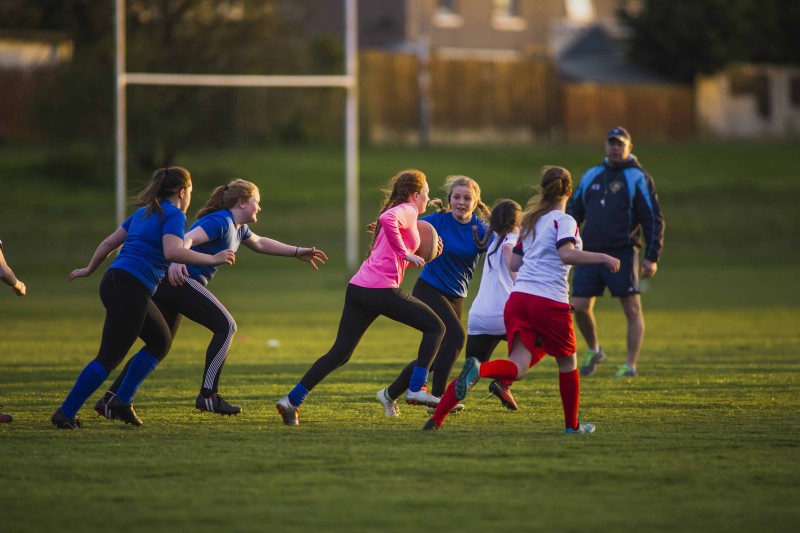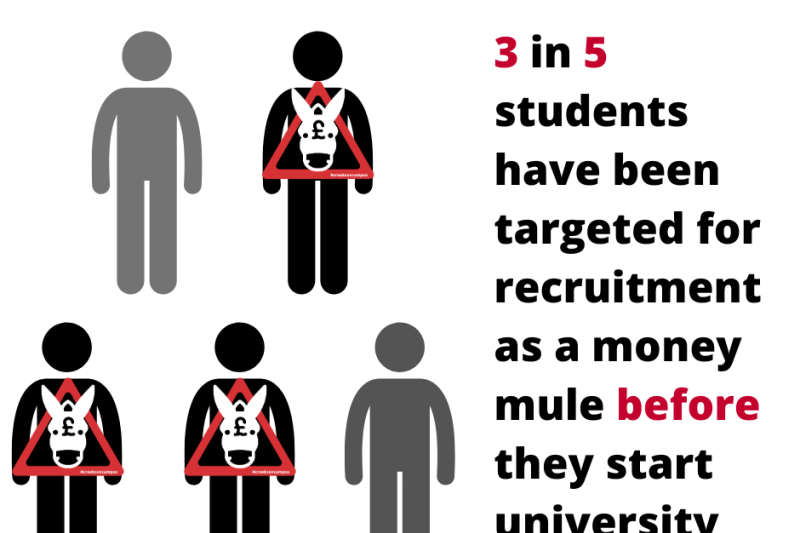
Researchers have advised that permitting children to take part in impact sports, such as rugby and boxing, should be considered a form of abuse to the child’s brain.
A new study, by academics at Bournemouth University and the University of Winchester, examined the strength of medical evidence showing impact sports cause serious brain injuries and concluded that this harm runs counter to existing laws around child abuse.
As well as concluding that allowing a child to play impact sport is not compatible with UK law the researchers believe there are contradictions within the policies of sports bodies themselves.
The study has been accepted for publication in the next edition of Sports, Ethics & Philosophy: Journal of the British Philosophy of Sport Association.
Dr Keith Parry, Head of the Department for Sport and Event Management at Bournemouth University, said: “Tackle versions of rugby or American football might be fun, but there are no proven physical or mental health benefits in taking blows to the head, compared to safer, non-contact versions.
“The FA were concerned enough by the dangers of head injury to introduce guidelines to restrict the amount of heading in junior football training. Other, even more injurious sports, should follow and remove intentional collision.”
Professor Eric Anderson, Professor of Sport at the University of Winchester, who led the study said, “Sports for children should not intentionally harm their brains. They should focus on fun, health, and social development, rather than conditioning them to play elite level sport.
“These collisions cause cognitive harm and increase the risk of neurodegenerative diseases and dementia; they are therefore abusive to a child’s brain.”
The study draws the distinction between sports that include physical impact by design, such as rugby, and other sports where collisions occur by accident, such as basketball. The researchers also emphasise that their recommendations only apply to children’s participation.
“Cultural perception is that striking a child outside of sport is abuse, but striking a child in sport is somehow socially acceptable. We are trying to change that. It doesn’t matter what the social context is, the brain is damaged in both,” the researchers conclude.



